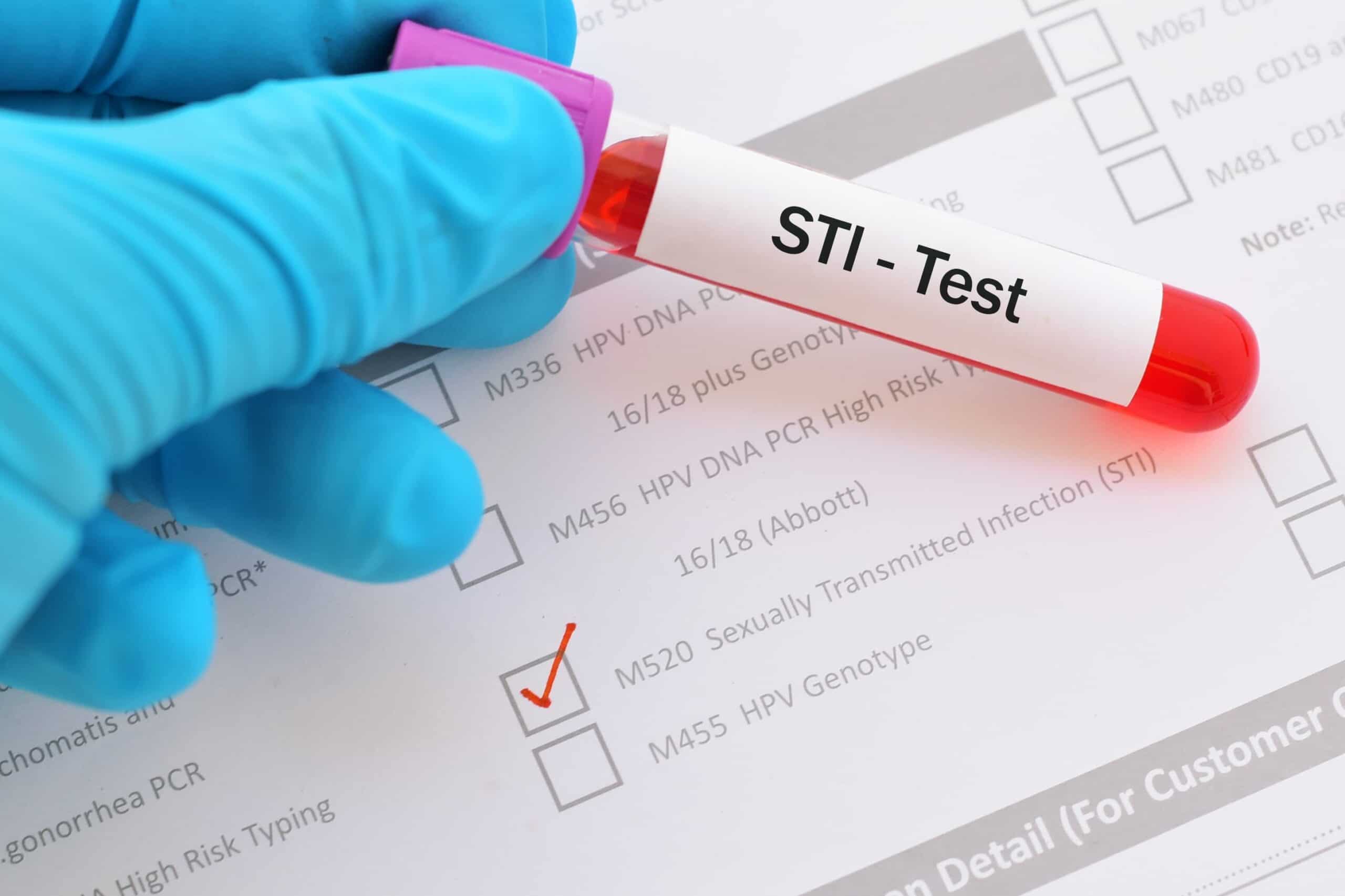A busy work schedule, family commitments, a dog that ate your appointment card… plenty of us make excuses so we can avoid going to get regular STI checks. After all, waiting for the results can be nerve-racking and some would say it’s embarrassing to have your bits checked out.
But putting off a check-up could mean avoiding an important diagnosis, and according to new data, 36% of 18 to 24-year-olds in the UK have never had an STI test – and for 18 to 19-year-olds it rises to a shocking 98%.
A poll of over 1,000 young people from youth support charity The Mix found that a fifth of teens not getting tested said it was because they were too embarrassed to let someone see their intimate body areas.
Even more worryingly, the top reason young people said they would finally book an appointment is if they experienced symptoms after sex – suggesting that they’re unaware that most STIs are completely symptomless.
STIs like syphilis and gonorrhoea are on the rise in the UK, so it’s never been more important to get a clean bill of health from your local sexual health clinic – but how often is enough?
How often should I be tested?
The NHS advises that you should have a sexual health check If you’ve started seeing someone new, or you and your partner want to stop using condoms.
However, not all STIs are transmitted through penetrative sex – despite what the name suggests. For instance, genital herpes and warts can be passed on through direct skin-to-skin contact between two people, while others can be passed via razors and needles, or any other instrument that can cut the skin.
For people who are sexually active, the medical advice is to get tested at least once per year, even if you always practise safe sex and you or your partner wears a condom.
You should always seek medical advice immediately if you think there’s a chance you could have HIV, as the earlier it’s diagnosed, the earlier you can start treatment and avoid becoming seriously ill.
What happens when you get tested?
Getting tested is really easy and not as intimidating as some people think, and most infections can be treated with a course of antibiotics.
You’ll need to find your local sexual health or genitourinary medicine (GUM) clinic, which specialises in sexual health, tests and treatments. The NHS website has a handy search tool that can help you to locate nearby services.
Some clinics will ask you to book an appointment ahead of time, while others operate a drop-in service.
Sexual health services are free and available to anyone of any gender, and your results will be treated confidentially – even if you’re under 18, the service is still confidential and the clinic won’t contact your parents.
When you go to the clinic, you’ll be asked for some basic details like your name, although you can choose to remain anonymous too.
You will then be called to speak to a healthcare professional, who will ask you a series of questions. While it might seem embarrassing, it’s important that you answer them accurately so the professional can assess your risk and the tests you need.
The questions may include: when you last had sex, what type of sex it was (e.g. oral or penetrative), whether it was unprotected and if you’ve experienced any symptoms.
Then it’s on to the tests. There are a number of different tests you might be asked to take, which may include: giving a urine sample, giving a blood sample, taking swabs from the urethra (which urine comes out of), and usually an examination of your genitals
A blood test involves a healthcare professional taking a small sample of blood from your arm, using a tourniquet and a needle. These tests are not painful (you may feel a scratching sensation as the needle is inserted) and can check for viruses like HIV and Hepatitis B.
The second part of the examination involves swabs being taken from the vagina or penis. The swab looks like a small cotton bud which is wiped over the parts of the body that could be infected. In some clinics, you are given a kit with instructions that will show you how to insert the swab into your vagina.
For men, a doctor or nurse will usually take the swab from the tip of the penis. If you’ve have had oral or anal sex, then a swab may be taken from either your throat or rectum. Taking the swab may be uncomfortable, but it should not be painful.
Finally, you might be asked for a urine sample, which involves weeing into a small pot which is sent to the lab for analysis – this will help to check for chlamydia and gonorrhoea.
How long do I need to wait for the results?
With some tests, you can get the results – and treatment – on the same day. For others, you might have to wait for a week or two, and the clinic can call, text or post your results to you, depending on your preference.
If you are found to be positive for any condition you will be asked to come back into the clinic and treatment will be given.





